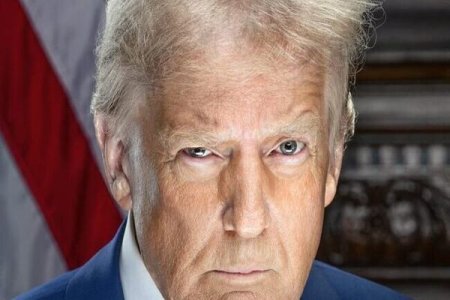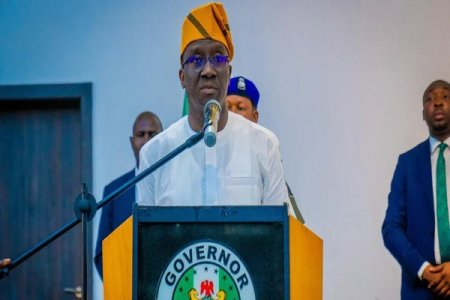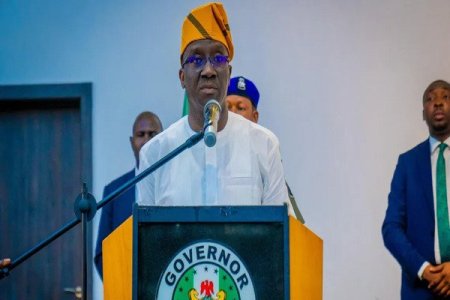
Ex-INEC official Oluwole Osaze-Uzzi explains that recalling a Nigerian lawmaker is a complex, costly process, comparable to holding three elections. He highlights challenges such as logistics, mobilization, and voter turnout, emphasizing the financial strain on both petitioners and lawmakers. No successful recall has occurred since 1999.
Oluwole Osaze-Uzzi, a former director at Nigeria's Independent National Electoral Commission (INEC), recently spoke about the complexities of the Nigerian recall process for lawmakers, calling it “akin to conducting three elections.” Speaking on an Arise TV programme, Osaze-Uzzi emphasized that the logistical and financial requirements make the process a costly and complicated one.
The recall process begins with the verification of signatures, which must be done at the polling unit level, involving mobilizing officers, printing materials, and deploying personnel to different areas, all of which require significant funding. Osaze-Uzzi pointed out that the need for mobilization at every stage of the process, from confirming signatures to the eventual vote, entails enormous costs for both petitioners and the lawmakers involved.
He also noted that while the Nigerian voter turnout rarely exceeds 50%, the recall process intensifies the challenge, with each party involved—petitioners, the legislator, and INEC—needing to fund their efforts, further inflating the financial burden. Additionally, he touched on the negative impact of corruption and vote-buying in recall referendums.
A notable example is the recall petition filed against Natasha Akpoti-Uduaghan, the senator from Kogi Central, who is facing accusations of misconduct from her constituents. Akpoti-Uduaghan, who recently alleged sexual harassment by Senate President Godswill Akpabio, has rejected the recall effort, calling it an attempt to suppress her voice. Despite this, Nigeria has not seen any successful recalls of lawmakers since the start of the Fourth Republic in 1999.
Osaze-Uzzi’s comments shed light on the complexities and financial weight of the recall process in Nigeria, raising questions about its practicality and the political motivations behind such actions.



